Bishop’s response to Trump’s five word comment revealed.
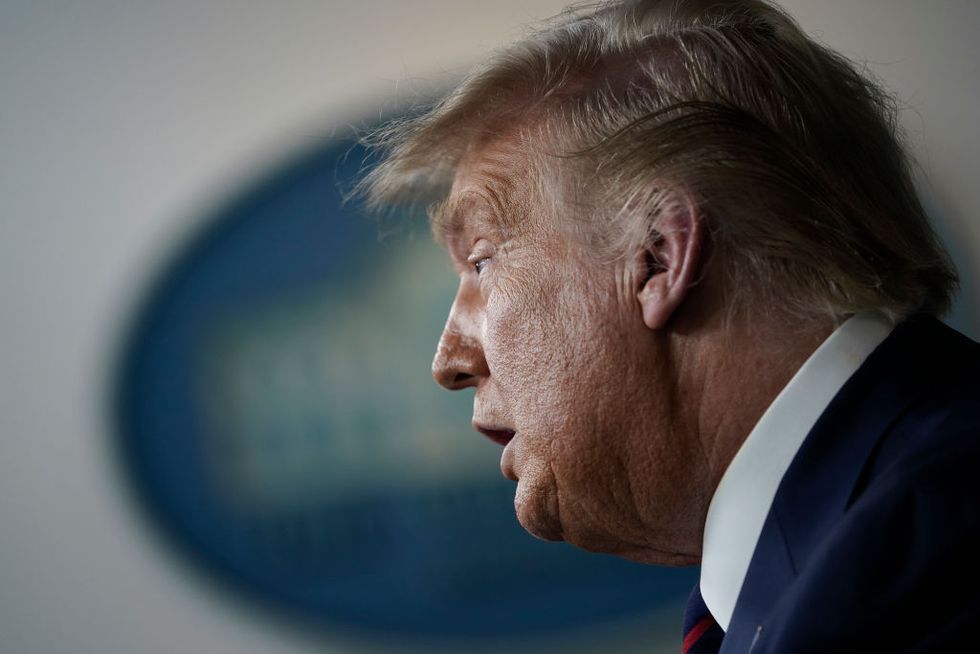
The Bishop of Washington, Mariann Edgar Budde, recently found herself at the center of a public showdown with President Donald Trump.
Donald Trump’s inauguration day explained.
This follows Donald Trump’s inauguration day, where Elon Musk made headlines with his controversial gesture that raised eyebrows.
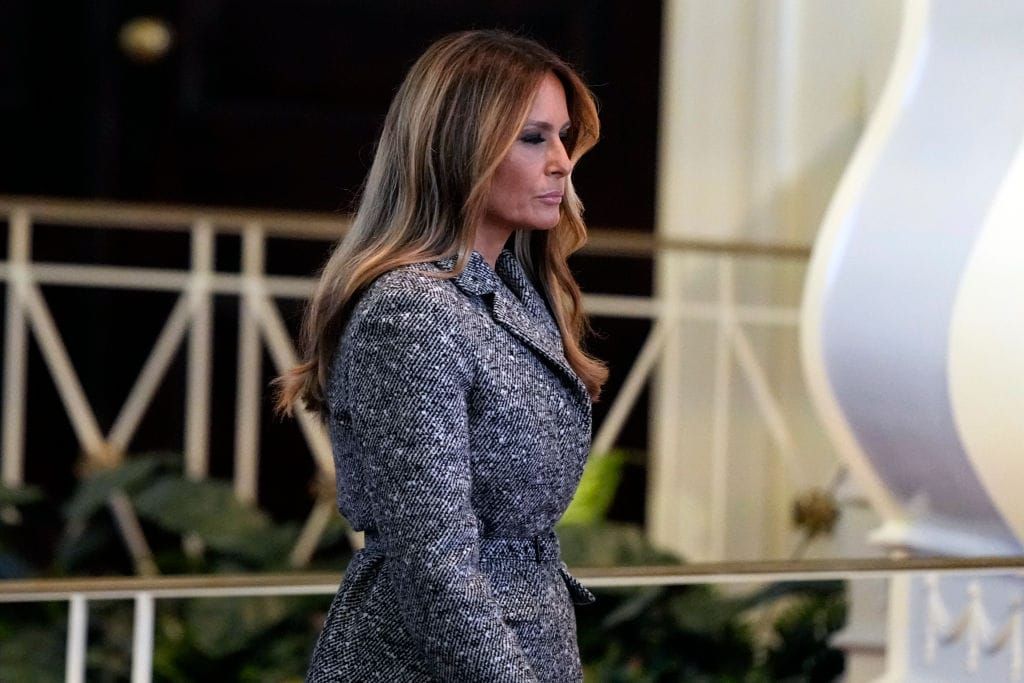
Melania Trump caught attention for her bold fashion choice—a white, wide-brimmed hat that some speculated was a subtle statement of defiance or solidarity, sparking a flurry of fashion commentary.
Country music superstar Carrie Underwood delivered a powerful acapella rendition, captivating the audience with her stunning vocal performance during the swearing-in ceremony.
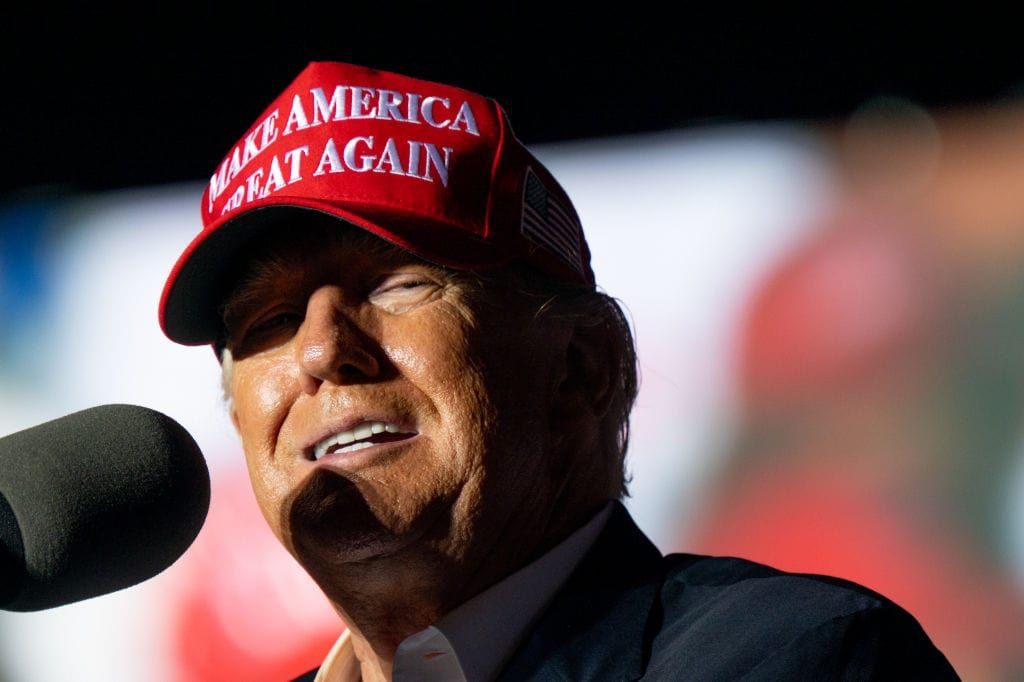
The inauguration featured a ceremony that blended ceremony with controversy, as Trump’s speech focused on themes of American nationalism and his vision for a more insular America.
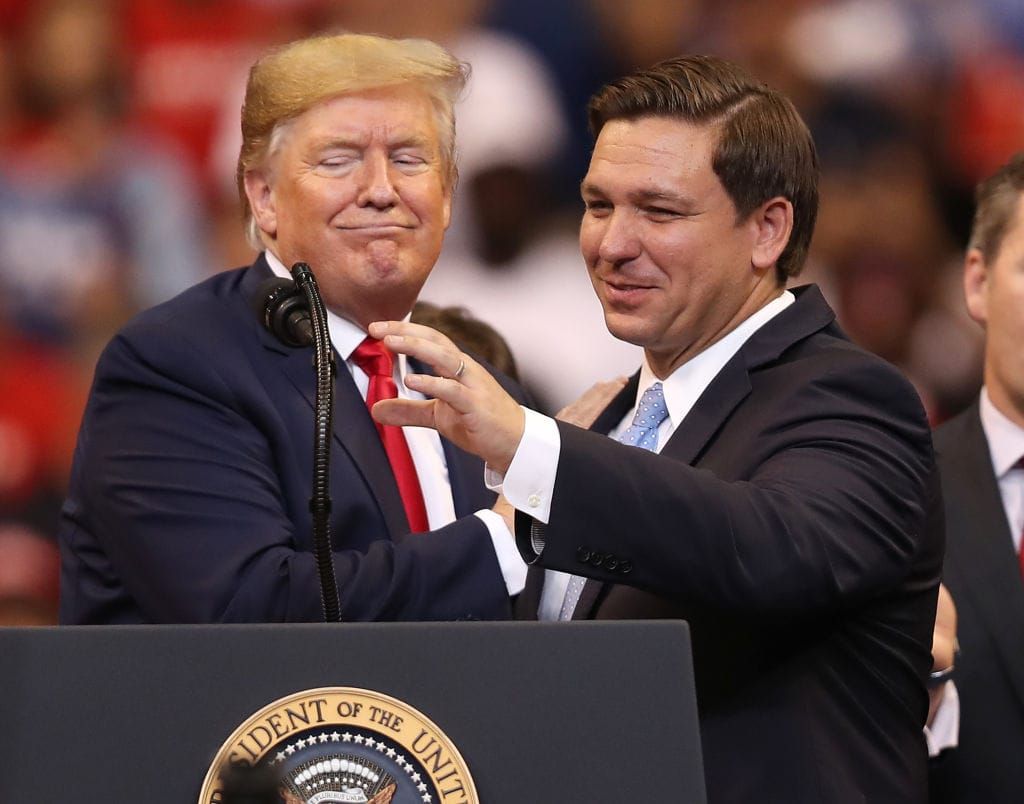
The event also subtly showcased Trump’s hardline views on gender issues, with his rhetoric reinforcing conservative positions on transgender rights and gender identity in the U.S.
Donald Trump has long been criticized for his stance on gender and LGBTQ+ rights, particularly his support for policies that many view as discriminatory.
Trump’s administration has attempted to redefine gender, often aligning with conservative viewpoints that recognize only two genders—male and female—ignoring non-binary identities.
Trump’s presidency marked a challenging time for transgender individuals.
Trump has consistently aligned himself with the religious right, which generally holds traditional views on gender, often opposing policies that recognize gender fluidity.
During his time in office, Trump worked to limit legal protections for LGBTQ+ individuals, including attempts to dismantle transgender rights in the workplace and healthcare.
The former president often dismissed LGBTQ+ advocacy as political correctness, aligning with those who believe LGBTQ+ rights should not be prioritized in legislation.
Trump’s stance on LGBTQ+ issues has sparked outrage, with critics accusing him of emboldening discrimination and hostility toward LGBTQ+ individuals across the nation.
One of Trump’s most contentious decisions was his ban on transgender individuals serving openly in the military, a policy that was widely seen as a rollback of rights.
Trump’s administration reversed several Obama-era protections for transgender individuals, including those in education and healthcare, making it harder for transgender people to access necessary services.
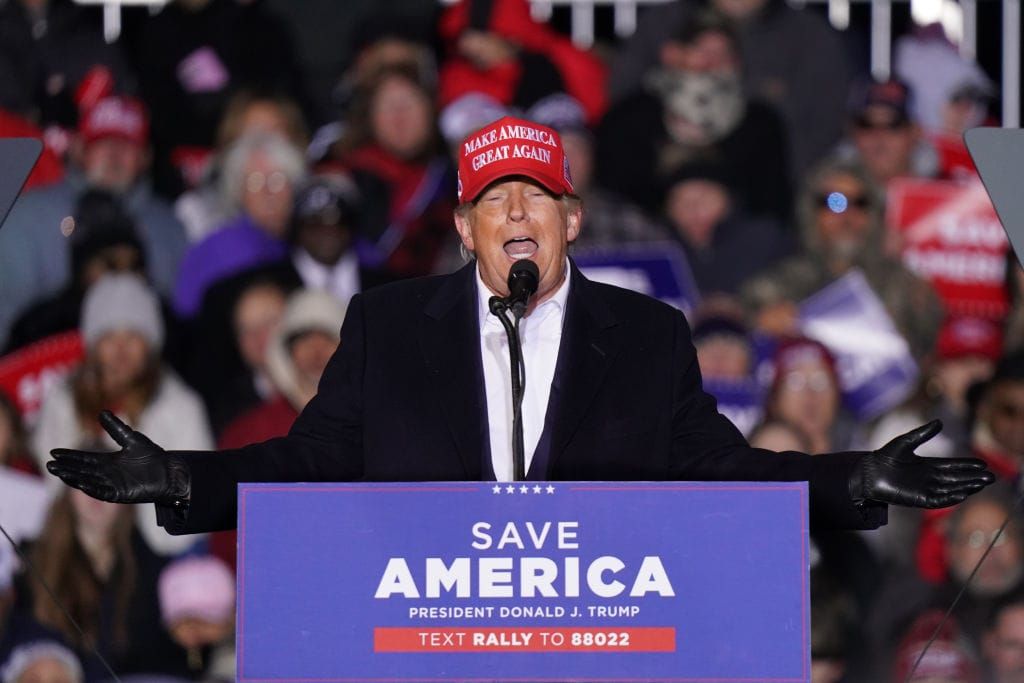
Even after leaving office, Trump’s influence on gender politics continues to shape conservative rhetoric, particularly in the fight over gender identity and transgender rights.
Bishop’s plea for mercy unveiled.
Recently, the President didn’t mince words after Budde made a heartfelt plea for mercy on behalf of LGBTQ+ individuals and migrants.
During a service at the Washington National Cathedral, Budde made a direct appeal to Trump, asking him to show mercy to those feeling vulnerable under his administration’s policies.
“Mr. President, millions have put their trust in you,” Budde said. “Have mercy on gay, lesbian, and transgender children who fear for their lives.”
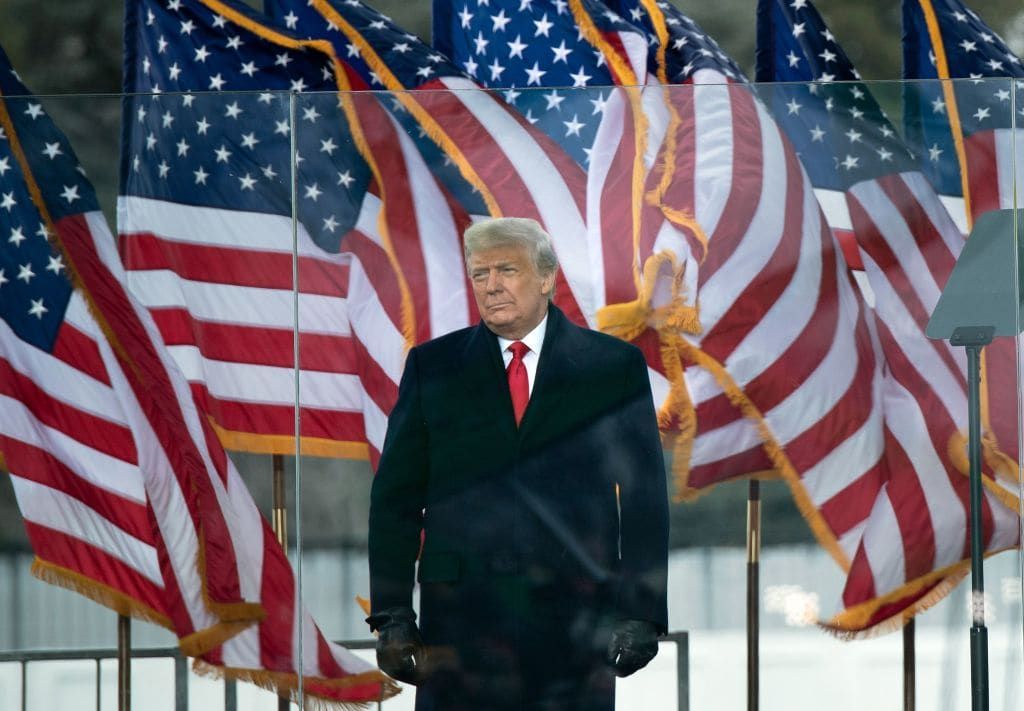
On January 20, just hours after returning to the White House, Trump signed a series of executive orders, including one that asserts there are only two genders.
Budde went on to address the plight of immigrants, speaking out on behalf of those who “labor in poultry farms and meat-packing plants,” and the millions who risk deportation.
She concluded her speech with an emotional appeal: “Have mercy on those whose children fear that their parents will be taken away,” she begged Trump.
Trump’s reaction to Bishop’s plea detailed.
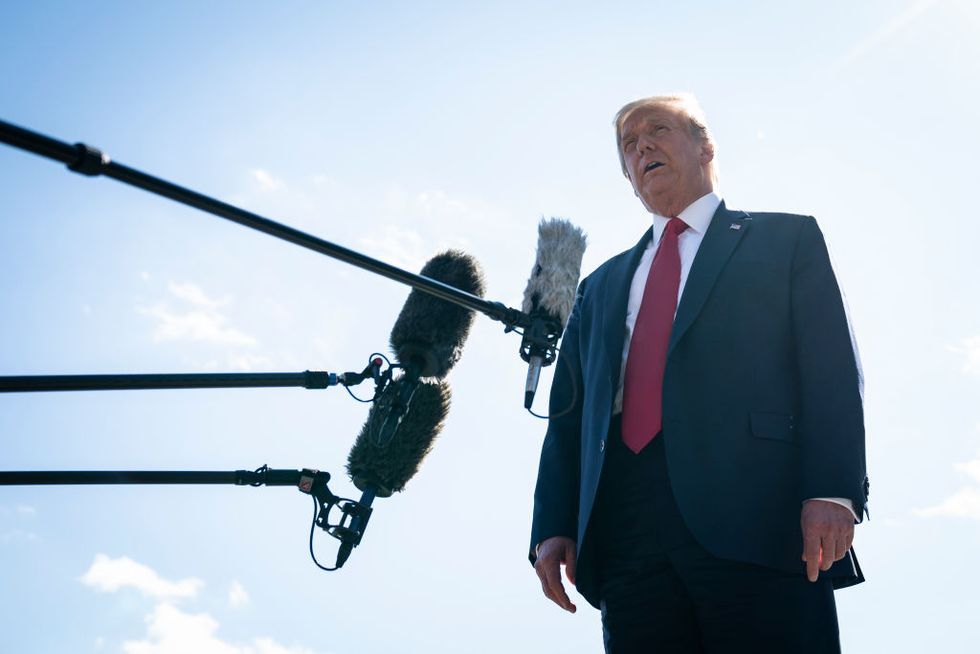
The response from President Trump was blunt, offering a simple “not too exciting” critique of the service.
He didn’t stop there, saying that he “didn’t think it was a good service,” and suggesting that the event could have been much better.
Bishop’s subtle counterattack highlighted.
Budde explained that her purpose was to “counter, as gently as I could, with a reminder of their humanity and their place in our wider community.”
Under Trump’s leadership, LGBTQ+ and immigrant communities have faced increased scrutiny, with policies that many argue have stoked fear and division.
Budde’s remarks were a direct response to this toxic political climate, where marginalized communities have been portrayed in the harshest light.
“I wanted to say there is room for mercy. There is room for a broader compassion,” said Budde, emphasizing the need for empathy.
She continued, “We don’t need to portray with a broad brush in the harshest terms some of the most vulnerable people in our society.”
Trump’s five-word dismissal stuns many.
Trump’s five-word dismissal of Budde’s heartfelt plea sent shockwaves through the political and religious communities, with many questioning the President’s priorities.
Despite the public back-and-forth, it remains unclear whether Trump will reconsider his stance on issues like LGBTQ+ rights and immigration following Budde’s call for mercy.

As the political battle intensifies, one thing is clear: the showdown between Bishop Budde and President Trump is far from over. Stay tuned for the next shocking development.
Bishop Reveals Why She Won’t Apologize To Donald Trump After His Scathing Message
Bishop’s refusal to apologize to Trump explained.
In a move that’s turning heads, the Right Rev. Mariann Edgar Budde, Episcopal Bishop of Washington, delivered a sermon that has everyone talking.
Trump’s orders on gender confirmed.
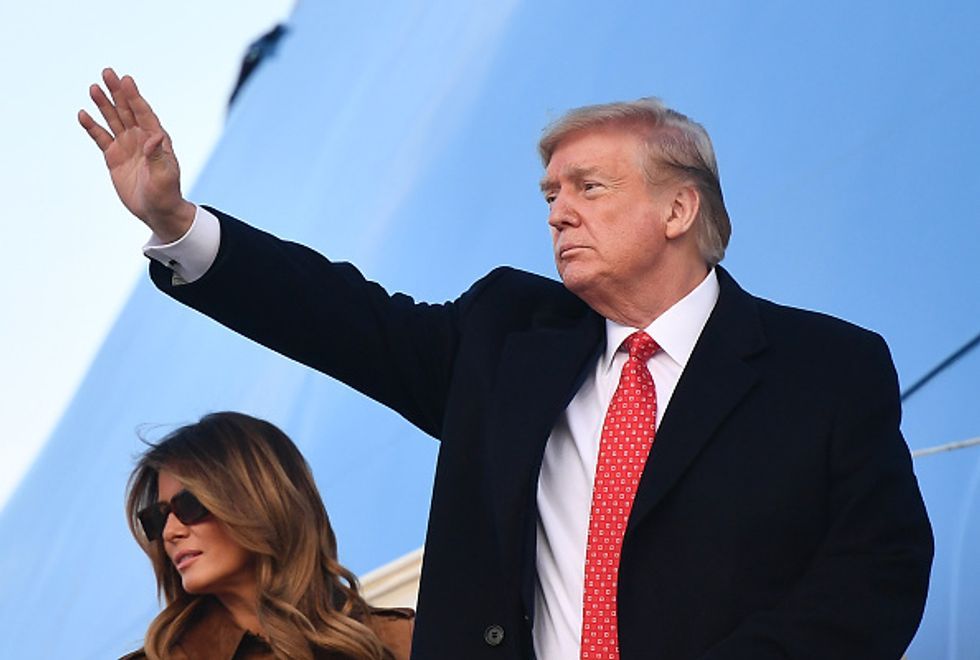
Within his first 24 hours back in office, Trump signed several executive orders.
Notably, he enacted a policy stating there are “only two genders.
He also issued orders blocking migrants from entering the U.S., intensifying border control, and suspending refugee resettlement for four months.
Budde’s sermon has ignited a national conversation about the role of religious leaders in political discourse.
Bishop’s identity revealed.
But who is Bishop Mariann Edgar Budde?
Born in New Jersey, Budde earned her B.A. in history from the University of Rochester, graduating magna cum laude.
She furthered her education with a Master of Divinity and a Doctor of Ministry from Virginia Theological Seminary.
Before her current role, Budde served as rector of St. John’s Episcopal Church in Minneapolis for 18 years.
In 2011, she shattered a glass ceiling by becoming the first woman to lead the Episcopal Diocese of Washington.
Throughout her tenure, Budde has been a vocal advocate for social justice, focusing on issues like racial equity, gun violence prevention, and LGBTQ+ inclusion.

This isn’t her first clash with Trump.
In 2020, during the George Floyd protests, she criticized Trump’s photo op at St. John’s Episcopal Church, stating he used the church and the Bible for partisan purposes.
Bishop’s desperate plea exposed.
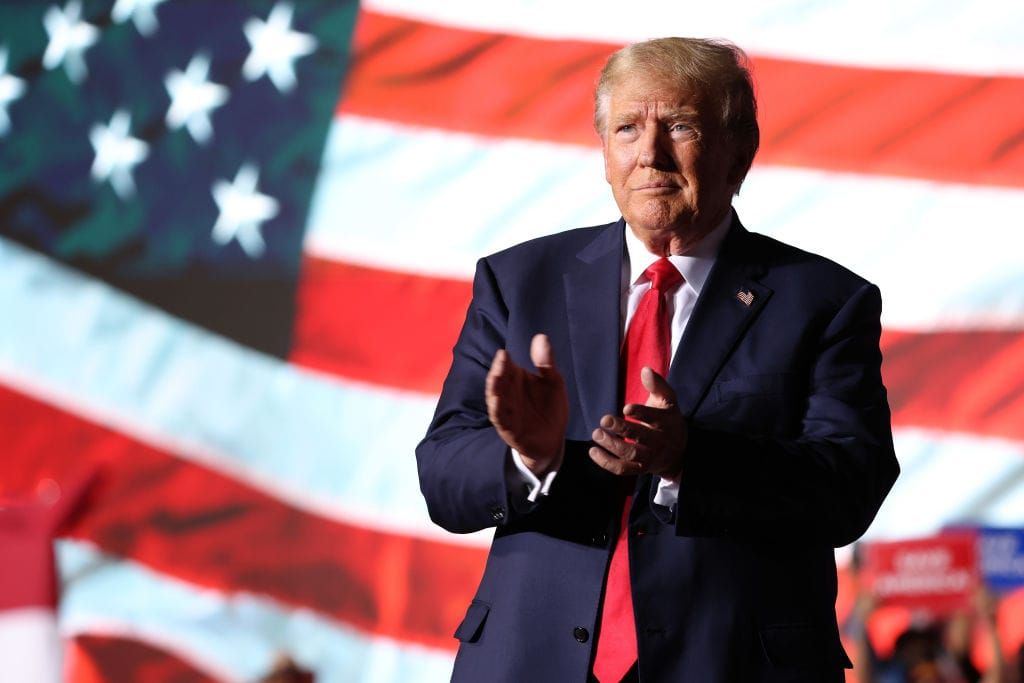
During President Donald Trump’s inauguration at the National Cathedral, she took the opportunity to address the commander-in-chief directly.
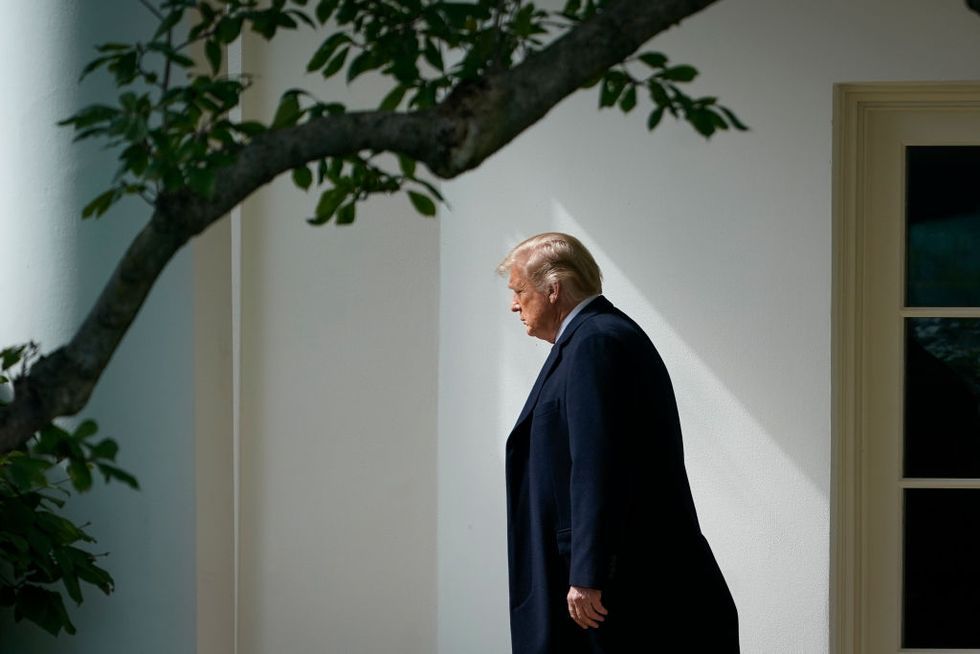
“Mr. President, millions have put their trust in you,” Budde began, setting the stage for her heartfelt appeal.
She continued, urging Trump to “have mercy upon the people in our country who are scared now.”
Specifically, Budde highlighted the fears of gay, lesbian, and transgender children across various political spectrums.
She also shed light on the plight of immigrants, emphasizing their contributions to essential sectors like agriculture and healthcare.
“They may not be citizens or have the proper documentation, but the vast majority of immigrants are not criminals,” she asserted.
Trump’s condemnation of sermon exposed.
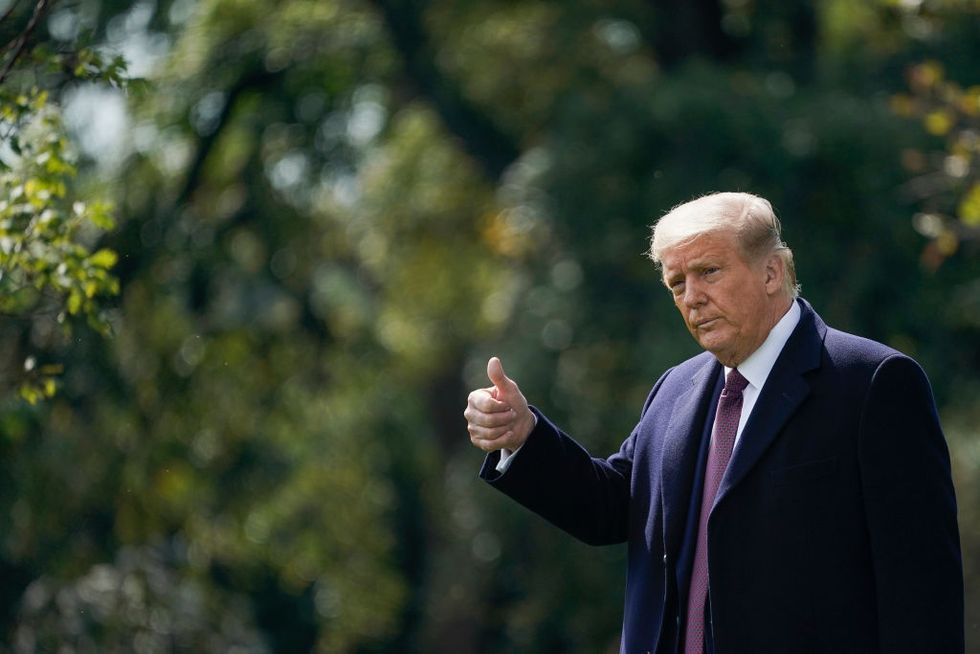
Trump, known for his unfiltered reactions, didn’t hold back.
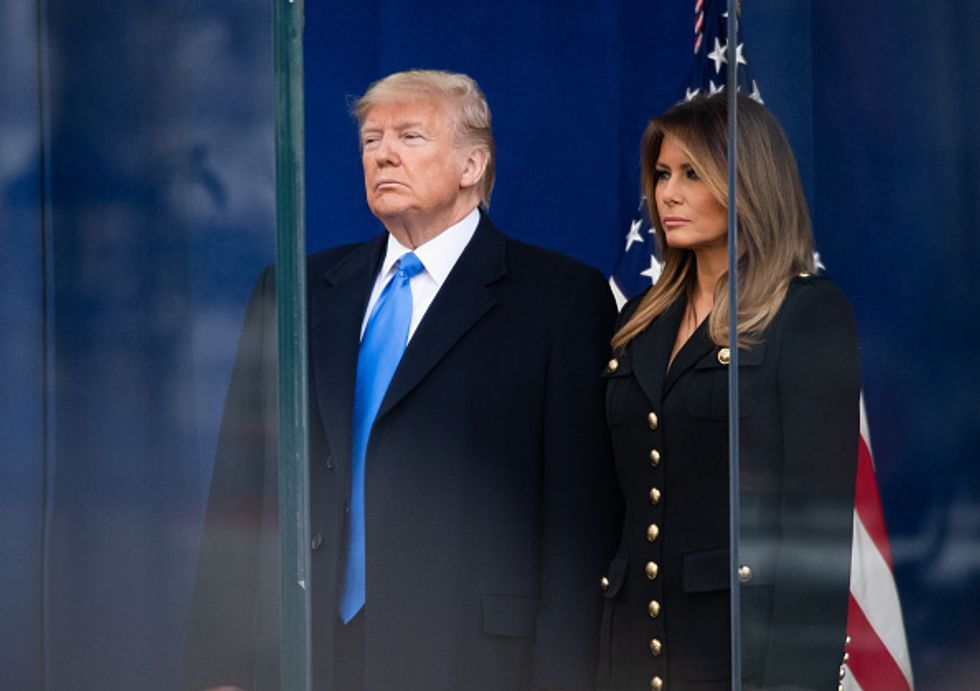
He labeled the service as “not too exciting” and remarked, “They could do much better.”
Taking to his platform, Truth Social, Trump demanded an apology from Budde and the church to the “public.”
Bishop’s refusal to apologize highlighted.

Back to the present, following the inauguration sermon, Budde was invited to discuss the incident on NPR.
“I don’t hate the president, and I pray for him,” Budde clarified.
She stood firm, saying, “I don’t feel there’s a need to apologize for a request for mercy.”
Reflecting on the backlash, she noted, “I regret that it was something that has caused the kind of response that it has.”
Budde emphasized the importance of respectful dialogue, lamenting our tendency to “jump to outrage and not speak to one another with respect.”
Despite the controversy, she remains unwavering: “No, I won’t apologize for what I said.”
Some praise her courage to speak truth to power, while others criticize her for politicizing the pulpit.
Bishop’s words continue to inspire.
Regardless of where one stands, it’s clear that Budde’s words have struck a chord.